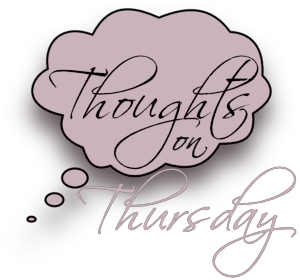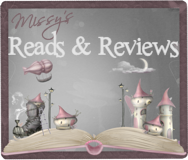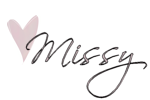 Today's Topic:
Today's Topic:Reading vs. Reviewing: What's the Difference?
One of the things that I am asked by those that know me personally when I say that I review books is, “How is that different from what you did before?” If you're an avid reader that has become a reviewer like myself, then you know the answer. However, if you haven't made the transition from “reader” to “reviewer” yet, you may not know that there is a significant difference. To help you understand it better, I thought that I would put together a small article about my experience.
Reviewing is almost like leveling up from reading. You've read a book and now you want to share what you think with the rest of the world. You're still reading and, yes, reviewing IS just your opinion about a book, but there's more responsibility to it when you decide to make the transition. When you're going public with your review of a book, the most important thing to remember is that you have to have a reason for why you feel the way you do about a book.
Did you really like the book? Great! What about the novel made you like it so much?
Think this book is the worst book that you've ever read in your entire existence? Okay... but why?
Though a book may have only taken you mere hours to read through, it took that author months of writing, editing, revising, and just all out devotion and love to get that specific story into your hands. When you review, you want to make sure you're completely fair and very judicious in your portrayal of their work. And there are many things to consider when you rate a book. It's not just about you liking the story as a whole, it's more of a delicate balance of your opinion AND a fair, yet honest, judgment of the author's work as an actual writer.
There are specific aspects of a book that reviewers are always aware of while they're reading: cover, plot, relatability, writing and, of course, the audience. Not just the audience as in the reviewer, but the audience as in anyone that may read this specific book.
This is what really separates the readers from the reviewers! As a reader, when you're finished with a book there is only one thing on your mind: Did I like this book? Usually, this concentrates only on your personal satisfaction with a book. As a reviewer, you're still considering how the book makes you feel because a review is YOUR opinion of the book, but you're also considering how others make like the book as well.
If you read a book for pleasure, then you're only focused on how the book makes you feel as a whole. You may love the story because it's a feel-good, happily-ever-after type book. But, was it something you've read a million times before, or did it introduce you to a whole new world that you've never been before? When it's just for you, it doesn't matter because it just made you feel good – and that's why you read it.
If you read that same book for reviewing, then you're more focused on how the book will come across to the general public. Sure, it's that feel-good, happily-ever-after type book that you love... but it's also cliché and has been done a few hundred times now. Someone else who wants something original and completely unique may want to know that this book is similar to books that are already out on the market that they may have already read.
It's the same if you didn't like a book. For pleasure: you didn't agree with the story/ending/etc and now you think it's a complete waste of your time. For reviewing: you didn't like the story, but you can't deny that the storytelling itself is written beautifully and you know that there are people out there that think the story was exactly right.
After everything, the main difference can be summed up to this: reviewing is more about thinking of the audience while reading is more centered around personal satisfaction. In the grand scheme of things, they're intertwined in that both concentrates on how you feel about the novel – the real difference lies in if you decide to share how you feel with the world or not.
What do you think?















1 comments:
Yes, there is a distinct difference. To review means to evaluate. All readers might have an opinion about a book, but a reviewer gives a critique and hopefully supports that critique with "evidence" or support from the text. Can you tell I'm an English teacher? =)
I like how you talked about the audience's role in the reviewing process. That is a great point for all writers, but especially reviewers.
Thanks!
-Miss GOP
Post a Comment